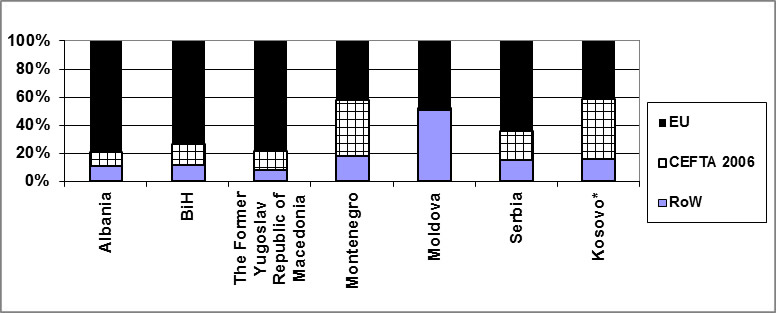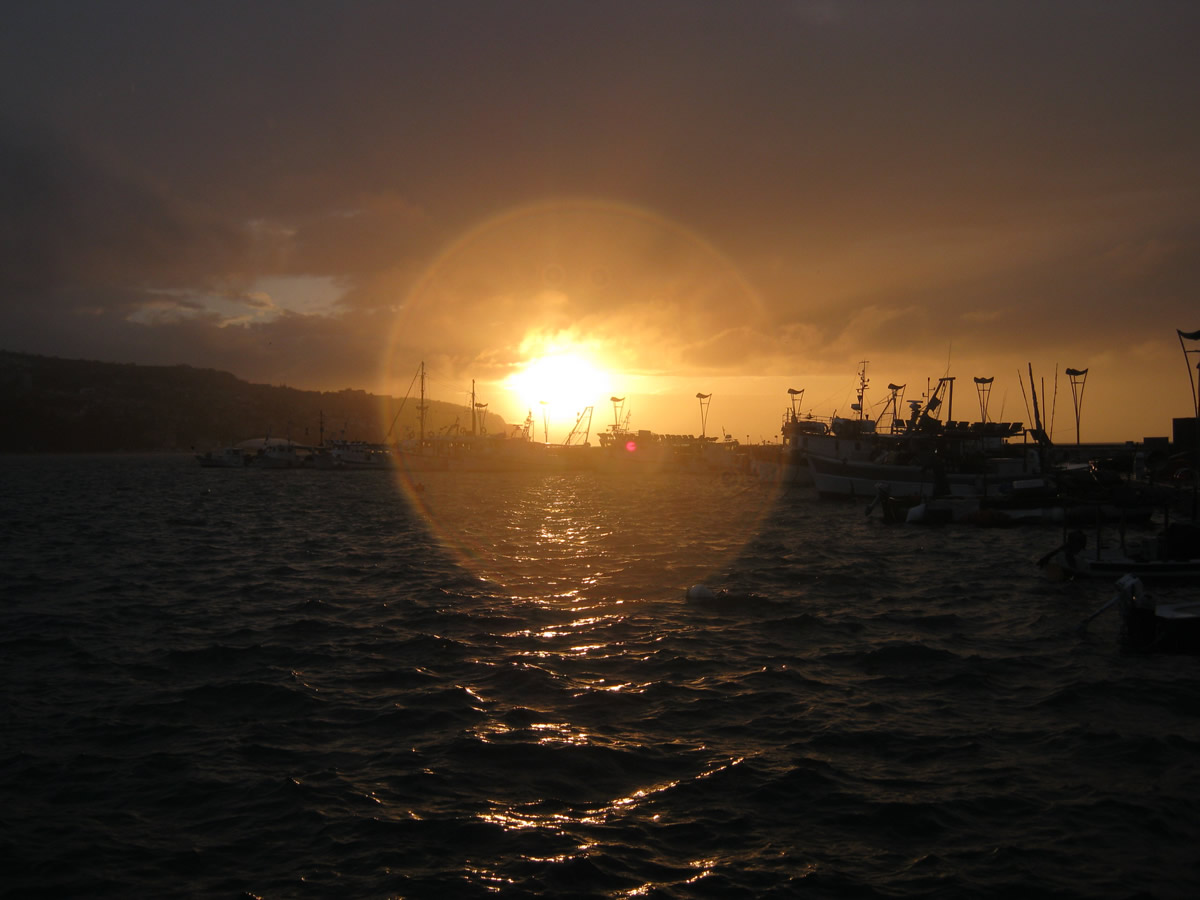- Home/
- In Focus/
- Trade – key of success is in cross-border cooperation?
Trade – key of success is in cross-border cooperation?
Trade – key of success is in cross-border cooperation?
By Predrag Bjelic
Since the dawn of time, trade has been a peaceful medium of human interaction. Ancient civilisations already recognise that war creates only short-term benefits for the winner and much more destruction for everyone. Trade is a safe way to obtain goods and products that can not be found in the home country. Trade includes not only trade in various goods (with the number of goods traded rising over the centuries), but nowadays also an exchange of services and intellectual property. Classical theories of trade do not include the fact that factors of production – capital and labour – can move across national borders and yet today this is not just a reality but the main modus operandi of the global economy. But trade was always much more than a mere exchange of products; it was an exchange of ideas, knowledge and insight into other cultures that often led to increased tolerance towards the “other”, whoever the “other” was.
The 20th century saw more change in International trade than any other period in history. Not just due to two great world wars that have significantly decreased global trade but also due to the changes in trade regimes that led to a great rise in international trade in goods. Liberalisation first occurred in the sector of industrial products and brought about big changes in the structure of global trade. Due to the General Agreement on Tariffs and Trade (GATT) and starting with the 1960s, industrial goods have become dominant goods in international trade surpassing primary products. But just a few Developing countries succeeded in capitalising on this wave of global trade liberalisation, usually referred to as Newly Industrialised Economies (NIEs).
But this was not the only structural change in 20th century when it comes to international trade. After the 1990s, the liberalisation of the international trade regime was even more comprehensive and included not only goods, but also services, intellectual property, capital and even the labour force. This comprehensive liberalisation of trade regimes was most obvious at the regional level. The European Economic Community was created in 1957 and soon other world regions followed by setting up their own regional trade groupings.
The former Yugoslavia was one of the countries included in the group of NIEs with its specific market system but with the policies of import substitution. The former Yugoslavia was the only Socialist country which was a member of GATT whose trade regime was not significantly liberal. The break up of Yugoslavia coincided with the fall of the Eastern block. The trade between former Yugoslav republics has been significantly reduced when compared to the period of being a part of a common state. The fact was that many production chains existing in the former Yugoslavia were disrupted. And, due to the fact that the break up of Yugoslavia was not a peaceful one, there was also a political reluctance to renew trade flows between the successor states. These countries had - more or less – lots of difficulties in integrating into the global trade system in the 1990s, due to their internal crisis but also because the global economy has changed significantly. In a situation of enhanced regional trade integration in all the regions of the world as parts of new, wider and protected markets, Southeast Europe (SEE) did not have such integration and remained uncompetitive in global trade arena.
The initiative for pushing through an integration of regional trade in SEE was external, it came from the European Union (EU). All SEE economies share the desire to become members of the EU and the EU introduced the development of regional cooperation as one of the conditions for membership. It is evident that development of trade leads to economic prosperity and yet the re-establishment of trade ties in the former Yugoslavia was not an easy process. The final result of this regional integration, in the area of trade relations, is the revised Central European Free Trade Agreement signed in 2006 (CEFTA 2006). CEFTA 2006 creates free trade area in Southeast Europe, facilitating trade first in industrial products and later on in agricultural products as well. This trade integration has successfully re-established trade links in the region and negotiations are underway in order to spread the trade liberalisation to other areas of co-operation, like services etc.
Figure 1: Western Balkan economies export by main export areas, 1H2014

Source: CEFTA 2006 Trade Statistics, Internet, Accessed 12/08/2015.
Figure 1 shows the significance of selected export areas for SEE Economies. Even though the EU is the dominant trading partner for most of the SEE Economies, the CEFTA 2006 is also a very significant trade area, not just for the smaller SEE Economies but also for the exports of other SEE Economies. This indicates that SEE Economies are not as competitive on the Global and the European level as they are when it comes to the SEE region. Trade is the most important integrative factor in CEFTA 2006.
The integration into European and Global trade flows is becoming even more difficult for SEE Economies. CEFTA 2006 is for all the members just a provisional integrations arrangement since the strategic goal of all of them is EU membership. It is very important to co-ordinate the trade integration into these two regional integrations and the right step in this direction is the possibility of diagonal cumulation of origin since trade liberalisation can be undermined by restrictive rules of preferential origin. All SEE economies must take into account the specific nature of the EU trade regime when planning their future economic growth, since their competitiveness, especially on the global market, will be influenced by this regime.
The main element of SEE global trade integration is membership in World Trade Organization (WTO). WTO sets a global trade regime but also includes a set of technical agreements which lay down basic principles of conduct in global trade. Bosnia and Herzegovina as well as Serbia are still not members of this global institution. The global trade environment has changed significantly and at the beginning of the 21st century Global production chains play the main role and the dominant share goes to semi-finished products. SEE economies could put together their efforts and try to penetrate these global chains together via joint investments and by using and coordinating global FDI coming into our region. The important thing to realise is that trade is a bridge for both regional cooperation but also for the European and Global one. SEE Economies must find their trade niche on the European as well as the Global market.Predrag Bjelić is a Professor of International Trade at Faculty of Economics University of Belgrade. He teaches as a visiting professor at many universities in Southeast Europe and serves as WTO and UNCTAD expert. Predrag is the author of many books, articles and reports dealing with Trade, Non-tariff barriers, WTO, EU Economics etc.
Winner of the Round 5, Voice of the Region Competition
The photo "The Harbour of Possibilities" presents sunset in the largest Slovenian port of Kopar. Kopar is one of the most important commercial hub of Europe and the Balkans which cargo tonnage increases annually. Considering that just in 2013, about 18 million tons of various goods passed through Kopar. Long history of maritime trade brought with itself new people, also. According to the last census in 2002, a quarter of Kopar population consists of immigrants from the former Yugoslavia – mostly from Croatia, Bosnia and Herzegovina, Serbia ... Beside a beautiful sunset, pleasant evening walk in Adriatic port brings different languages, smells and opportunities that intense trade creates every day.
* This designation is without prejudice to positions on status, and is in line with UNSCR 1244 and the ICJ Opinion on the Kosovo declaration of independence

